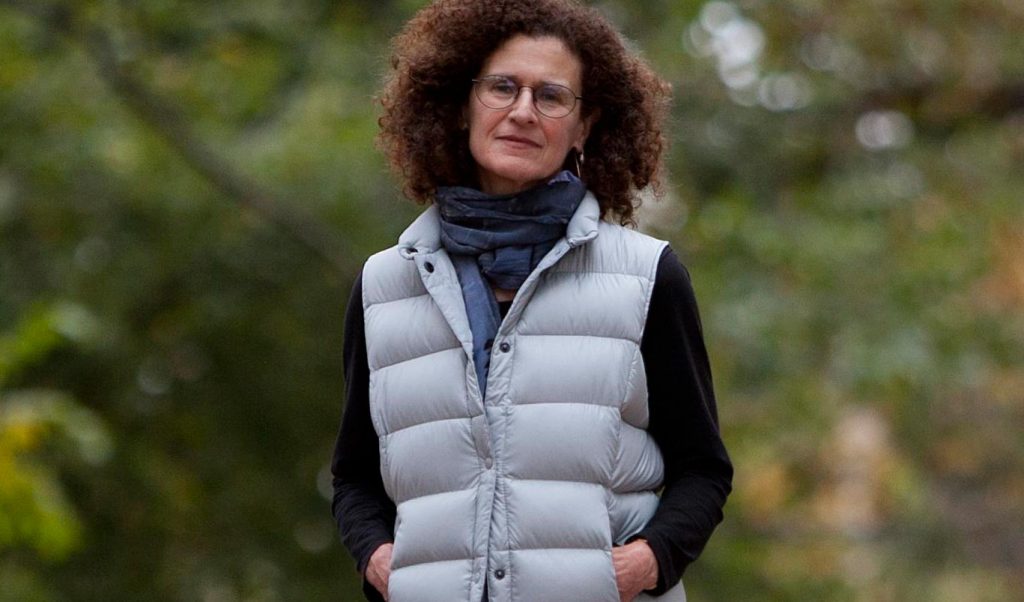Black Lives Matter.
The staff of MQR has chosen to give $500 to the Detroit Justice Center & $500 to the Detroit and MI chapter of the National Lawyers Guild as an expression of support for people in our community struggling to combat police brutality against Black Americans.
In the coming days, we will be highlighting works from our archives that we believe contribute to the ongoing conversation about injustice in this country. We will add links to those archival pieces to this page as we post them.
Thylias Moss: The Generosity of Arpeggios and Ravens
“The note echoed only because there were ceilings and walls around which the sound bounced all the dark day, syncopating the choruses of birds whose wings may have been the ceilings and walls. O blessed density and magnitude of cooperation. This was the generosity of arpeggios and ravens. This for a six-year-old who otherwise had to contend with monstrosity.”
Danez Smith: I’m Going Back to Minnesota Where Sadness Makes Sense
"The sun above you, the snow & stalled sea—a field of mirror all demanding to be the sun too, everything around you is light & it’s gorgeous & if you stay too long it will kill you & it’s so sad, you know? You’re the only warm thing for miles & the only thing that can’t shine."
Thurgood Marshall: A New Era in Human Rights
“I ADDRESS YOU today with a single but a very sincere hope–to challenge you. I challenge you to become intellectually and personally involved in fulfilling the most noble promise of civilization, the promise that the human rights of every individual shall be secured. Human rights do not depend for their existence upon the whim of a legislator or the pleasures and desires of the majority, or even the commands of a Constitution. They are derived from an individual’s humanity; in that sense they are inalienable. To deny an individual his human rights is to deny part of his humanity. To ask a person why he is entitled to these rights is to doubt his very humanity.”
Elizabeth Alexander: New Ideas About Black Experimental Poetry
“I am seeking open space. Here are some starting places, first, middle, or last lines, wild hares I don’t understand, phrases that set me loose and free:
Once upon a time every black family and every black neighborhood had an Uncle Butch or a Cousin Butchie.
It is raining one day and one of my old-school colleague says to me, as I head out the door of our building, “better be careful, ‘cause sweet things melt in the rain!” I have one other old school colleague, who says things to me like, “that’s a hellified pocketbook you got there.” He says things like hellfied, trickeration, and livin’ double in a world of trouble.
I want to write a poem called “the invention of the stocking cap,” which comes from a wild story with no beginning and no end that my father used to tell, a story which began, “the original stocking cap came from the thigh of Mary McLeod Bethune.”
I have been thinking about black language, not African- American language but black language, and which black language is on the verge of extinction.
I want to write a poem about Anna Douglass’s cornbread pan, which I have seen in their home on Cedar Hill. I want to write about his suspenders laid out on the bed, and the portrait in his study of John Brown with a peacock feather stuck in the frame.
The ravenous poet simply wants to write.”
Airea D. Matthews: Black Ecstatic Ode
"Praise to razed skylines and ruins To whatever replaces the horizon To the lost toddler who refused to speak to strangers To the strangers that would not let him be lost To the police who’ve never discharged their firearms To the neighbors who do not presume to be police To sustenance delivered or grown or given Praise to EBT undoing paper shame To the hustlers selling EBT at Walmart To the single dads working night shifts"
Image: Charles McGee Urban Extract II
“When my dad was little, he worked. He helped his father to strip furnaces in the basements of the wealthy and gathered scraps of metal and coal off the streets to sell. But even though he learned to work doing physically exhausting, menial tasks, his expectations for himself had nothing to do with the expectations that the world had for black boys in 1950s Detroit.”
Robert Hayden: Paul Laurence Dunbar
"The roses flutter in the wind; we weight their stems with stones, then drive away."
"Monument to the Victims of Capitalism.
Bohunks of the world, unite!
You have nothing to lose but your tedious
prejudices. When they ask
and you can't site the home turf of a
colorful American, say Detroit."
Cortney Lamar Charleston: Elegy for Killmonger With My Own Pain Entering Frame
“At some point I feel we start losing track of whether the supremacy does this to us or we do it to ourselves, but I’ve thought on it a bit, and I’ve come to believe the truth has two faces: the one we hate and the one we hate. I wonder which face flashed before your eyes with the last kick of the war drum; if there’s a God for gutter-folk, hopefully, it was hers you saw—homegirl, forever down for you, ride or die, loved the mess out of you, I thought. Hoped.”
Lizzetta LeFalle Collins: Abstraction and Figuration in Afro-American Art
“Past and future weigh heavily upon Afro-American artists, who speak for a community with a past its members dare not forget and a future they must preserve from the oppression they remember…
The result has been an aesthetic movement of satisfying accomplishment and breathtaking promise.”
Sandra Seaton: From the Diary of Sally Hemings
“Kidnapped before the roast meat was cold, snatched away to America; she was a stranger to the sea. White waves in the blue-black sea. Now a voyage of a different sort. Maria won’t go unless I come along. White waves in the blue-black sea till we land in port.”



